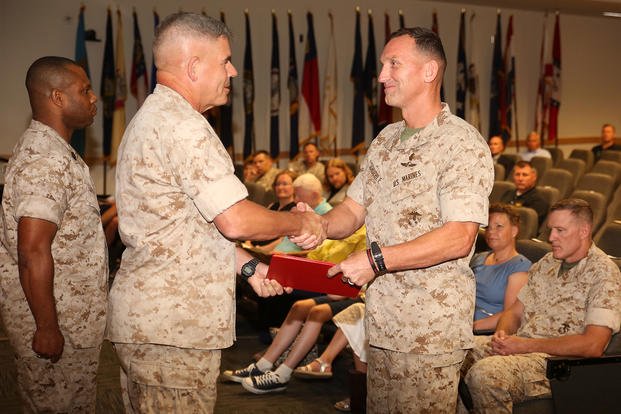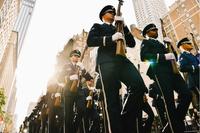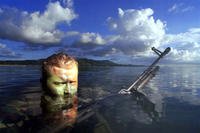The mission of the Marine Special Operations School (MSOS) is to train and educate personnel for assignment as Marine Special Operations Forces (MARSOF) operators; provide basic and advanced individual special operations training; and validate MARSOF tactics, techniques and procedures (TTP's) to produce basically trained Marine special operators and develop advanced special operations skills for the force.
MSOS is tasked to:
- Develop and conduct the individual training course to train the baseline MARSOF operators.
- Develop and conduct a series of courses for designated advanced special operations skills.
- Coordinate via the U.S. Marine Corps Forces, Special Operations Command (MARSOC) G-3, with the Joint Special Operations University and Training and Education Command for higher-level and service training and education initiatives and programs.
- As the component lead, develop and validate individual-level MARSOF TTP's in coordination with MARSOC G-3, Marine Special Operations Regiment (MSOR) and Marine Special Operations Support Group (MSOSG).
- As the component lead, develop and validate requirements and testing for individual weapons, optics and other individual equipment in coordination with MARSOC G-3 and G-8.
- Perform periodic curriculum review of training materials, courses and lessons learned.
Assessment and Selection Program (A&S)
Once a Marine is qualified through the MARSOC recruiters screening process, he will be assigned to the assessment and selection (A&S) program.
Assessment and Selection Phase I Course (ASPOC)
All Marines must attend the three-week Assessment and Selection Phase I Course at Camp Lejeune, N.C. A&S Phase I is a comprehensive program that teaches and conducts fitness-oriented events around the MARSOC performance and resiliency program (PERRES). Other facets of the PERRES program teach a Marine information on proper nutrition and techniques to maintain overall combat fitness. During Phase I, Marines gain exposure to the units that comprise MARSOC while receiving daily mentorship by instructors who are MARSOC critical skills operators. Attendance to A&S Phase I does not guarantee a seat at selection or assignment to the individual training course.
Marines that attend Phase I are "expected" to score a 225 or higher on the initial physical fitness test. They also must possess the aquatic skill to swim 300 meters safely, confidently and continuously by using the prescribed strokes (side or breast) while wearing the MCCU uniform (no boots). In addition to the swim, Marines are required to conduct an 11-minute water tread in full utility uniform (no boots), followed by four minutes of either blouse or trouser flotation.
Prerequisites
Before attending A&S Phase I, Marines are highly encouraged to follow the 10-week training guide. At a minimum, Marines should complete the first seven weeks of the guide in order to support the physical rigors of the program. Attaining only the minimum physical fitness standards to enter MARSOC will not guarantee success during the entire A&S process.
A&S highly encourages Marines to have the ability to run a 250 or higher PFT, possess aquatic skills and maintain a 4-mph (15-minute mile) pace with a 45-pound rucksack, regardless of distance. During Phase I, Marines will be given fitness goals and receive professional education on fitness, resiliency and nutrition to achieve maximum fitness results. Ultimately, candidates will compete against each other for a limited number of seats at selection.
Assessment and Selection Phase II
A&S Phase II is both mentally and physically challenging. The program is conducted three times a year at an undisclosed location after the A&S Phase I Course.
A&S Preparation Guide
This training is tailored for a basically trained Marine who is preparing to attend MARSOC's Assessment and Selection Course. One should consult a physician before beginning any strenuous exercise program, such as the one described here, or any diet modification, especially if there is a history of heart disease, high blood pressure, diabetes or other adverse medical conditions. The U.S. government and any service member or civilian employed by it disclaims any liability, personal or professional, resulting from the misapplication of any training procedure, technique or guidance described in this guide.
Want to Know More About the Military?
Be sure to get the latest news about the U.S. military, as well as critical info about how to join and all the benefits of service. Subscribe to Military.com and receive customized updates delivered straight to your inbox.











